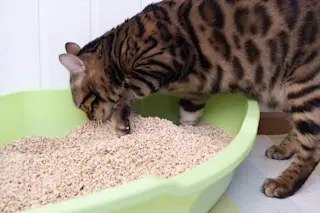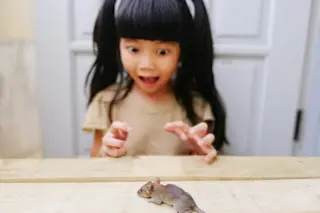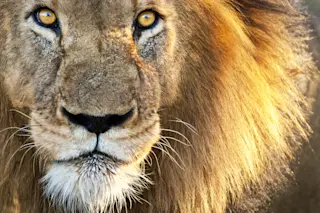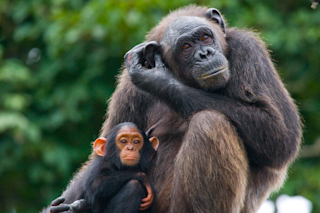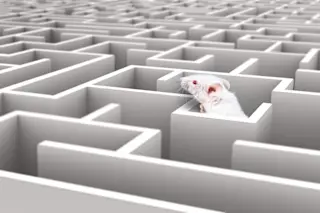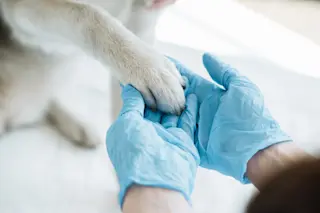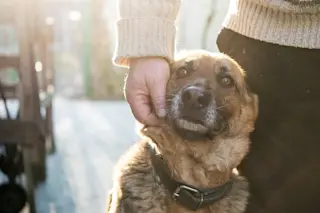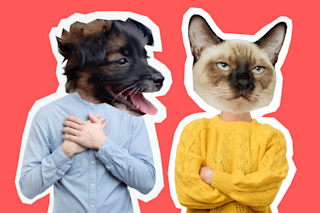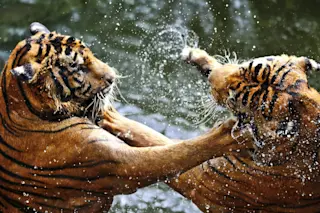Gift-giving is at its peak this time of year. As much as we all enjoy receiving gifts, there is also joy in giving gifts to others. Seeking such selfless enjoyment is an important social behavior, and thanks to a new study published in Nature Neuroscience this week, there's evidence that humans may not be the only species to pursue these social rewards. Researchers at Duke University tracked the brain activity of rhesus macaques making simple sharing decisions. In one scenario the monkeys could choose to keep a reward (juice) or give it to another monkey. Most kept the juice. In the second scenario the monkeys could choose to give the juice to another monkey, or to have the reward removed. Most gifted the juice. During these activities electrodes recorded activity in three areas of each monkey's prefrontal cortex---the part of the brain known to be associated with social decision-making in ...
Monkey Brains Respond to Social Rewards
New research reveals that social behavior gift-giving isn't just human; rhesus macaques show similar altruistic tendencies.
More on Discover
Stay Curious
SubscribeTo The Magazine
Save up to 40% off the cover price when you subscribe to Discover magazine.
Subscribe

